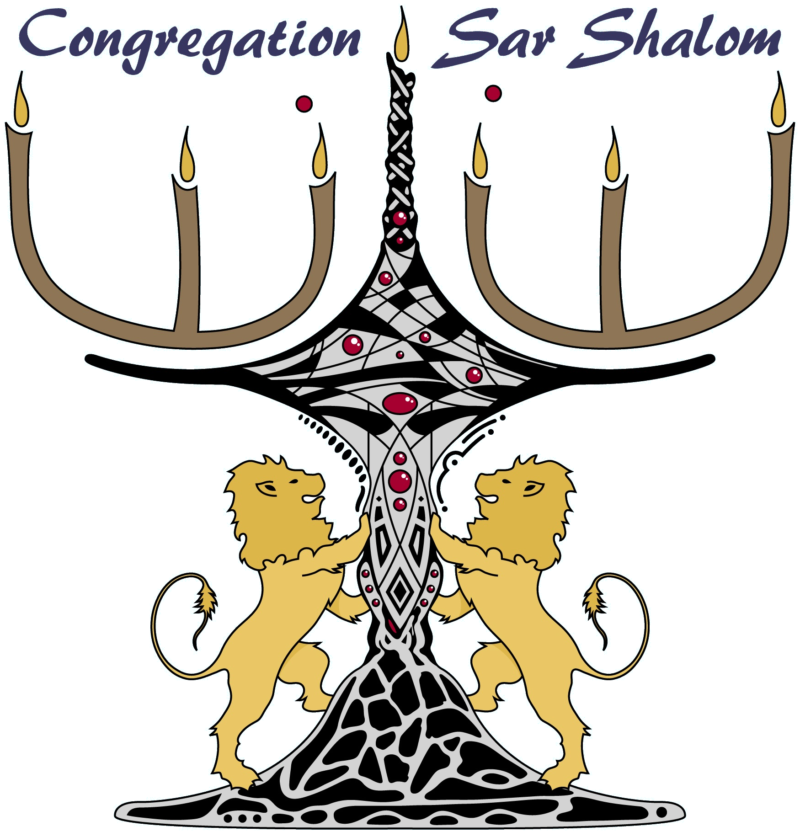Encouraging GROWTH in OBEDIENCE to
GOD’S COMMANDMENTS
And He said to him, “You shall love the Lord your God with all your heart, and with all your soul, and with all your mind.’ “This is the great and foremeost commandment.’ “The second is like it, you shall love your neighbor as yourself.’ “On these two commandments depend the whole law and the prophets” (Mattityahu 22)
Scripture
We believe that the entirety of the Tanakh and the Apostolic Writings (commonly called the B’rit Chadeshah or ‘New Testament’) is the complete guide for our life and conduct. We believe that these are inspired, infallible, inerrant (in its original autograph) and THE authoritative Word of G-d and have been faithfully passed on to us and can be trusted in their current rendering.
We believe that Yeshua of Nazareth is the one and only promised Messiah and Redeemer of Israel and of the world. He is the visible image of the invisible G-d, the exact representation of G-d’s nature, and the perfect expression of His Glory. He was eternally with the Father in the beginning and was not created. All things are created through Him and by Him. He is fully Divine and yet came in the flesh. The fullness of the Deity dwells in Him in bodily form. He and the Father are One (Echad). We believe in the total Deity and total humanity of the L-rd Yeshua HaMashiach.
Yeshua
HaMashiach
Yeshua
HaMashiach
We believe that Yeshua of Nazareth is the one and only promised Messiah and Redeemer of Israel and of the world. He is the visible image of the invisible G-d, the exact representation of G-d’s nature, and the perfect expression of His Glory. He was eternally with the Father in the beginning and was not created. All things are created through Him and by Him. He is fully Divine and yet came in the flesh. The fullness of the Deity dwells in Him in bodily form. He and the Father are One (Echad). We believe in the total Deity and total humanity of the L-rd Yeshua HaMashiach.
Congregation
We believe that those who are of the Ruach haKodesh become members of the universal people of G-d, or the Body of Messiah. Gentile Believers are grafted into the natural olive tree of Israel, Israel’s G-d, and Israel’s Torah, and become part of the Commonwealth of Israel. This one spiritual fellowship thus includes both ethnic Jews and non-Jews as equal members of His body. We thus believe in the spiritual unity of all Believers who truly trust in HaShem through Yeshua HaMashiach. The L-rd Yeshua is the head of this body, and members find their place of service and worship in the local congregation.
